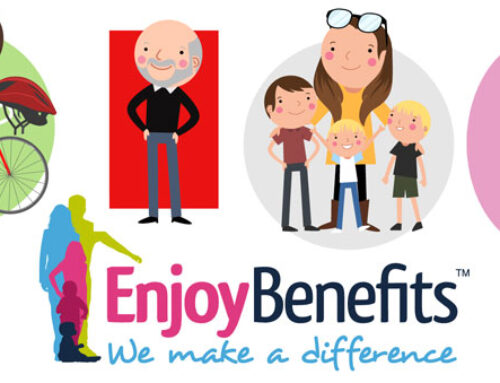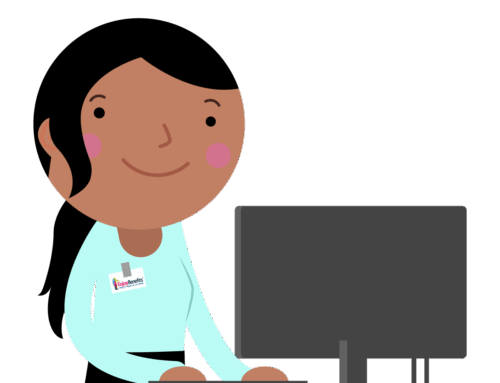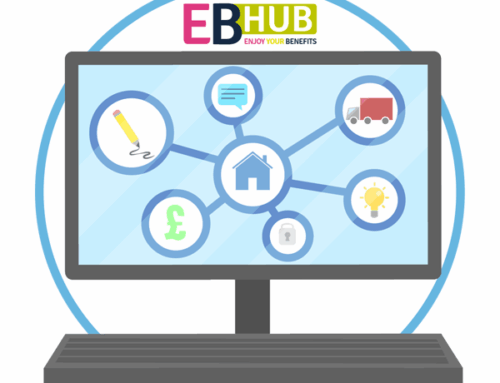As specialists in helping businesses and organisation set up workplace benefits, we naturally look to promote their importance at every opportunity.
It is not just that they can help both the organisation and individual save money, it is the more important fact that they can truly make lives better.
Workplace benefits that are in-tune with the needs of employees can help their pocket, their mental health and their physical health too.
Sometimes, though, we read something and just think ‘Yes’ that is it. That is why workplace benefits matter, thank you for recognising what we believe and stating it so eloquently.
The most recent, and best example of this was when we stumbled across a wonderful thought piece from the Harvard Business Review.
Their article looked at how many workplace benefits are no longer suitable after a year of fundamental change.
They also focussed on big aims, how workplace benefits can help keep people in work and tackle societal problems.
This is a big ambition, but we should be ambitious. If it is possible for workplace benefits to help keep mothers in the workforce, or people from minority groups then this should be explored with energy.
Workplace benefits can do far more than providing a little help for those already employed, they can help to achieve fairness and make workplaces more open to all.
The Themes Explored
The thought piece, written by Tim Allen, the CEO of Care.com is broad and covers many topics.
As he points out, he became CEO in February 2020, he could not have envisioned how the world was about to change.
Interconnectedness
One key theme is the interconnectedness of our work and home life, something that, as a generalisation, has been insufficiently recognised.
There was, to put it simply, the work person, and the home person, whereas they are of course the same person.
Many felt under pressure to not allow home life to impinge on work-life – and yet it rarely goes the other way, how often does work-life impinge on home life?
One positive from 2020 is the exposing of this issue, everyone had to struggle through, we all worked from home and had to balance home and work, and, for many extended childcare and homeschooling.
And people got work done, they worked when they could, were diligent and caught up.
We saw that the two are not separate and so what happens at home or work can impact the other. Work should not negatively impact other areas of life, and issues such as burnout, stress and overly demanding workplace cultures will hopefully be addressed.
Making Work Open To All
The article picks up on a worrying trend – millions of women in the US were forced out of the workplace last year as they were unable to balance work and home.
It is also a sad truth that for all the progress there has been, it is this burden that still falls most heavily on women. Far fewer men were forced to choose between work and childcare.
While workplaces in some instances became more accepting of this need to balance work and home, other individuals found there was not enough support.
The HBR article suggests years’ worth of progress were undone.
Finding ways to make it easier for all to balance childcare commitments and work is important not just for those individuals, but the economy as a whole. Too many talented individuals are lost from the workforce when with reasonable adjustments they might otherwise have remained in employment they find fulfilling.
A benefit such as a workplace nursery provision can be an easy way to make a profound difference.
Flexible Working
Pre pandemic, the majority of people worked at their office or another place of work, this then shifted suddenly to working from home. Now we see a mixed model.
Some will return to their workplace full-time, others will stay working remotely, but a huge number will have a mix.
Planning benefits has never been more difficult because they have to tailor to such a wide variety of forms of working.
Many plan to offer more remote benefits, including memberships of clubs and organisations. A key battle is to retain a sense of unity and being part of a team.
The Impact on Mental Health
Perhaps the most important point the post covers is a look at mental health and the need for this to be recognised, with workplace benefits playing an important role.
Even before Covid hit, burnout was common, things got a whole lot worse in 2020.
No employer can undo the impact, but they can at least help, be understanding and create the right culture.
Fortunately, many employers surveyed in the piece state that expanding benefits that help with mental health is a key aim, certainly central to any benefits they will be offering.
These benefits could be HR resources such as the Employee Assistance Programme, caregiving benefits, or options such as the ability to buy and sell leave so as to make managing childcare or other care commitments easier.
Often it begins with a conversation at both individual and workplace level. How can we help?
What the article gets across superbly is that simply returning to workplace benefits as they were pre-pandemic will not always be suitable. Getting the balance of workplace support right has never been more important.
Please read the article. It provides plenty of food for thought.
About Us
At Enjoy Benefits, we have great experience in helping companies of all sizes introduce benefits that are suitable for their workplace.
Benefits are easy to set up and ongoing administration is then run through a hub, this allowing employees to manage their own benefits while the employer can see which benefits are proving popular and what level of take-up each has had.
If you would like an obligation free chat to discuss which benefits might work for your business and your employees, please contact us by calling 0800 088 7315 or using our Contact Form.





